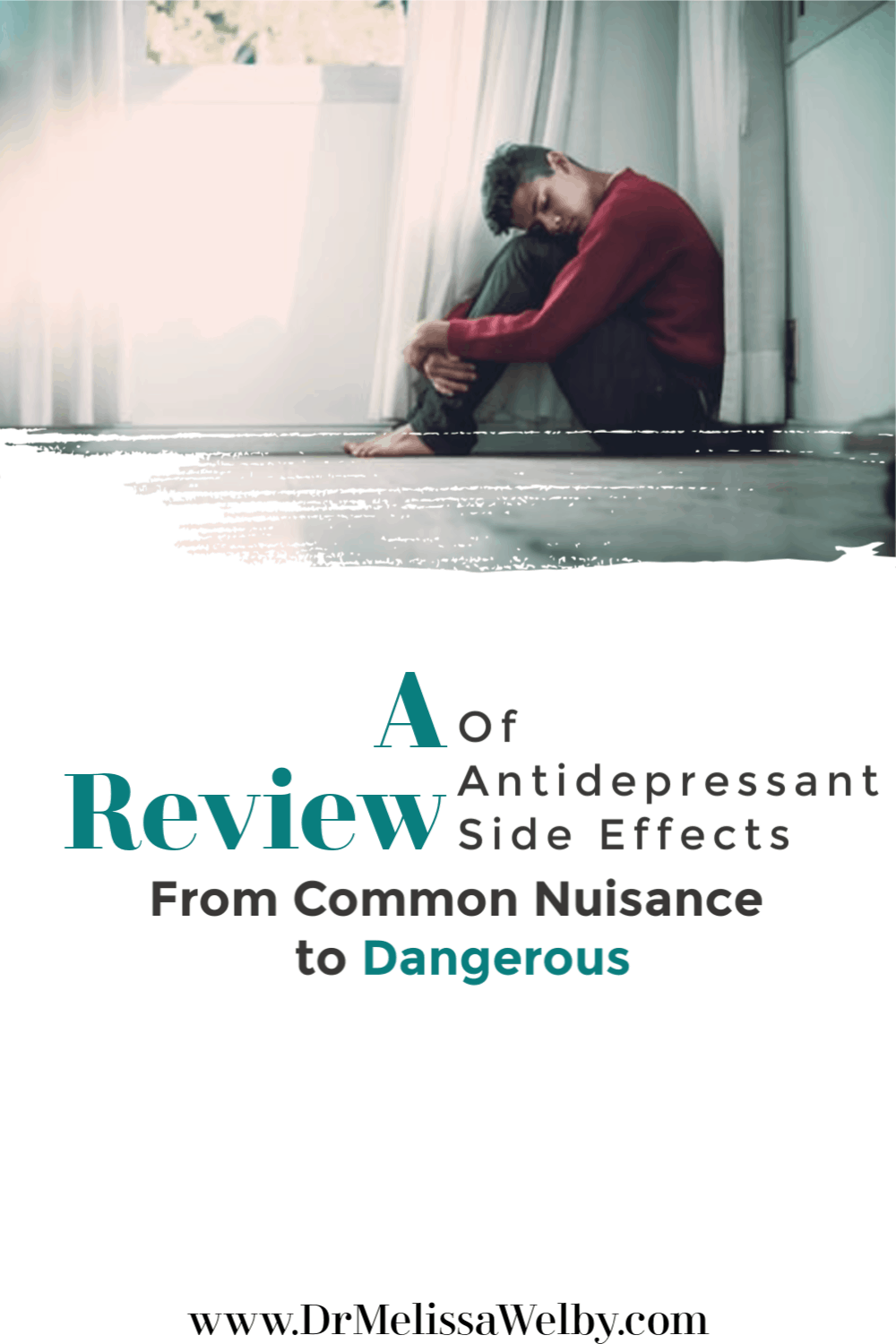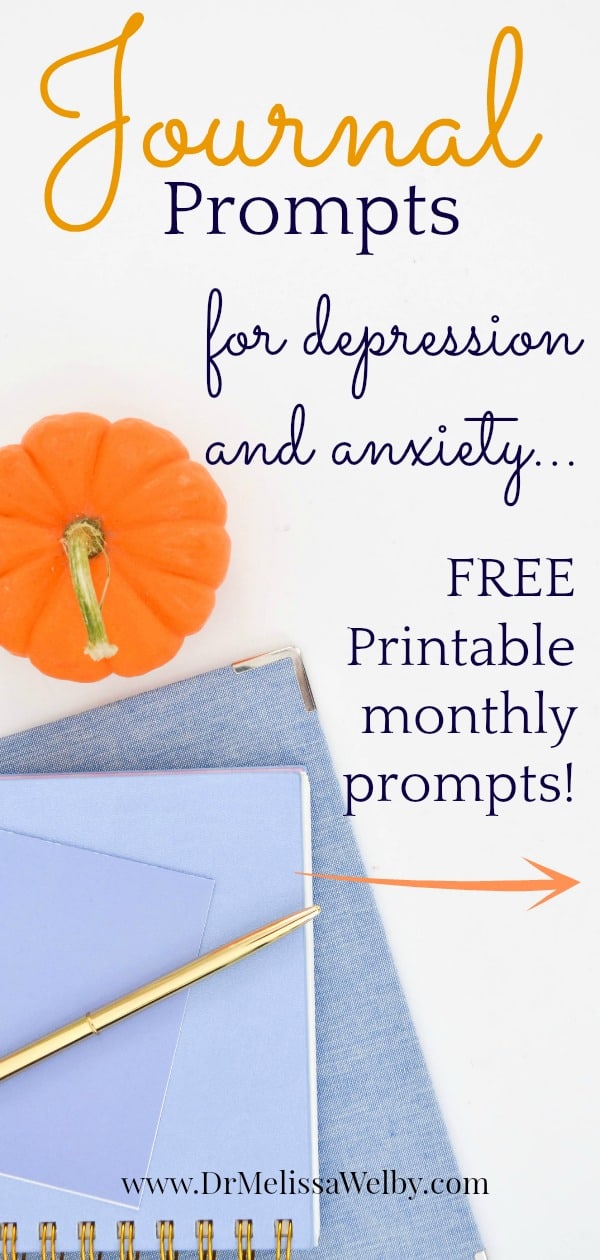One of the most frequent reasons people decide to stop taking their antidepressant medication is because they experience side effects. Sometimes side effects of antidepressants are quite minor and time-limited, however, if a person isn’t prepared for the possibility of side effects they may take this as a sign they can’t tolerate the antidepressant. It is important to be educated and know the potentials. This article will discuss common antidepressant side effects, and differentiate between the ones that will go away from those that will last for the duration of time on the medication. I will also review 4 dangerous antidepressant medication side effects that, although uncommon, are important to know about.
Tag: Depression Treatment
10 Coping Strategies for Distress Tolerance
Because distress is so uncomfortable people understandably want to make it go away as soon as possible. At the moment of intense emotions, it feels like it may never end. Extreme emotions distort thinking and sometimes people make choices that cause more harm (self-injury, suicide attempt, telling off your boss, ending a relationship, etc…). These choices are an attempt at coping strategies and calming the distress, but ultimately they don’t support recovery. Learning distress tolerance skills to manage emotion in ways that aren’t harmful will help you remain on the path of recovery and mental wellness.
9 Facts About the Sexual Side Effects of Antidepressants: They are common!
Sexual side effects of antidepressants are common yet often people feel too embarrassed to discuss these with their doctor. To make it more complicated, a common symptom of depression is reduced interest in sexual activity. This can then be compounded by the antidepressants sexual side effects. If you are wondering about antidepressant sexual side effects, but too afraid to ask, I am writing this post for you! Here are several facts about antidepressants and sexual side effects so you can be more informed.
What is Serotonin Syndrome? Hint: It’s an Emergency. Know the Signs and Symptoms of Serotonin Syndrome.
Serotonin syndrome is an emergency and can be fatal in extreme cases. It is important to recognize serotonin syndrome symptoms when they are happening because if medications are stopped early most cases remain mild. So what is serotonin syndrome? Let’s review the signs and symptoms of serotonin syndrome so it isn’t missed but also so people have an accurate idea of what it is and don’t worry they have it when they don’t. I will also go over what causes serotonin syndrome to help make more informed decisions about medication.
Effects of Antidepressant Medications: How Do You Know if it is Working?
How will antidepressants make me feel? How do I know if it is working? Before starting antidepressant medications it’s important to know what to expect; both with potential side effects but also what to look for when assessing if there is a benefit. Antidepressant medication is slow to take effect so the benefits can creep up on the person. You will not suddenly be a different person from the effects of antidepressants (and if you are then you are likely having a side effect your physician needs to know about). Antidepressants are not “happy pills”…but will hopefully treat depression so that you can get back to your normal self.
Esketamine (Spravato) for Treatment-Resistant Depression: Will it Live Up to Expectations?
The FDA’s recent approval of Esketamine (Spravato by Janssen Pharmaceuticals) has been met with much excitement (and some controversy) for it’s potential to help people with treatment-resistant depression. Despite it being a potentially life-threatening condition treatment-resistant depression medication options are limited. 12-20% of people diagnosed with major depression don’t respond to conventional antidepressant treatment.
Journal Prompts For Depression and Anxiety
This post may contain affiliate links which means I make a small commission at no extra cost to you.
This post today is written by an awesome guest blogger who has experienced anxiety and wants to let us know what she has found helpful. Megan realized she can successfully stay on track and feel calmer by using journal prompts, specifically using journaling prompts for depression and anxiety. Journal writing, in general, is a helpful exercise for many but adding focused journal prompts can incorporate reminders for how to keep moving forward and decrease anxiety and depression.
Light Therapy for Seasonal Depression: What works?
It’s that time a year again! How did it come back so fast? With summer winding down and fall weather returning, depression can rear its ugly head for those who experience seasonal dips in their mood. Light therapy for seasonal depression works. Often called “light box therapy” because historically it required sitting in front of a large box of light to get treatment. Nowadays, there are more options for light therapy treatment for Seasonal Affective Disorder. The best light therapy is the one that you will actually use!
Will You Have Antidepressant Withdrawal Symptoms?
Withdrawal from antidepressants can be uncomfortable if they are not tapered properly. Antidepressant withdrawal symptoms, also called antidepressant discontinuation syndrome, can happen when lowering a dose of the medication or with discontinuation. It is most frequently seen when treatment is abruptly stopped.
Read here to learn all about antidepressant withdrawal:
- Possible symptoms associated with it,
- What your risk is for having it,
- How to minimize your risk, and
- How to treat discontinuation syndrome if you have it.
Antidepressant withdrawal: What is antidepressant discontinuation syndrome?
Discontinuation syndrome can be unpleasant, although in most cases, the symptoms are mild. The symptoms usually last 1-3 weeks and will fade over time without treatment. If an antidepressant is restarted, the withdrawal symptoms will rapidly go away.
2 Reasons Your Antidepressant Medication Doesn’t Work
Don’t make these 2 common mistakes when deciding if an antidepressant is effective. Many people have inadequate trials on antidepressant medication due to dosing that is too low or taking the medication for too short of a time. Without accurate expectations of treatment, people assume the medicine isn’t effective and discontinue it. So how long does it take for antidepressants to work?
2 Common reasons for inadequate trials of antidepressant medication:
- A person is on a starting dose of the medication and the dose was never raised.
- They stayed on the antidepressant medication for less than the amount of time needed to get a response.


















